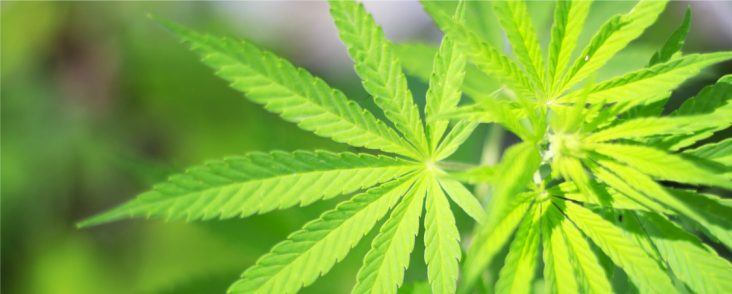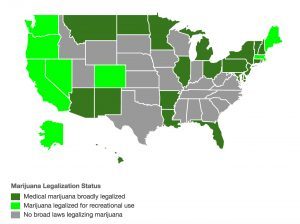Oklahoma Gov. Fallin sets June 26 for medical marijuana vote
by January 4, 2018 4:05 pm 550 views

On the same day U.S. Attorney General Jeff Sessions rescinded a rule that eased enforcement of the federal prohibition on marijuana, Oklahoma Gov. Mary Fallin set June 26 as the election for state voters to decide on an initiative allowing the use of medical marijuana.
Medical marijuana supporters of what is now State Question 788 had gathered enough signatures in June to require a vote. Fallin has been on record opposing any use of marijuana, calling it a “gateway drug.”
“Backers of this proposal to legalize medical marijuana followed procedures and gathered the more than 66,000 required signatures to submit the issue to a vote of the people,” Fallin said in the Thursday (Jan. 4) statement. “I’m fulfilling my duty as governor to decide when that election will occur this year.”
The other option was to place on the November general election ballot.
If approved by voters, the measure would permit doctors to recommend a patient, who is at least 18 years old, for a state-issued medical marijuana license. A license holder would be allowed to legally possess up to 3 ounces of the drug, six mature plants and six seedlings. These limits can be increased by individual counties or cities.
“The substance of the measure amends the Oklahoma State Statutes to legalized the licensed use, sale and growth of marijuana in Oklahoma for medicinal purposes,” noted the proclamation.
According to Governing magazine, 29 states and the District of Columbia have laws broadly legalizing marijuana in some form as of Sept. 2017. Seven states and the District of Columbia have adopted the most expansive laws legalizing marijuana for recreational use. Most recently, California, Massachusetts, Maine and Nevada all passed measures in November legalizing recreational marijuana.

Neighboring Arkansas is in the process of finalizing medical marijuana rules following a November 2016 vote in which voters approved Amendment 98 by a 53%-47% margin.
Sessions moved Thursday morning to rescind rules put in place by the Obama Administration that essentially were geared to not override state actions on marijuana laws.
“It is the mission of the Department of Justice to enforce the laws of the United States, and the previous issuance of guidance undermines the rule of law and the ability of our local, state, tribal, and federal law enforcement partners to carry out this mission,” AG Sessions said in a statement. “Therefore, today’s memo on federal marijuana enforcement simply directs all U.S. Attorneys to use previously established prosecutorial principles that provide them all the necessary tools to disrupt criminal organizations, tackle the growing drug crisis, and thwart violent crime across our country.”
